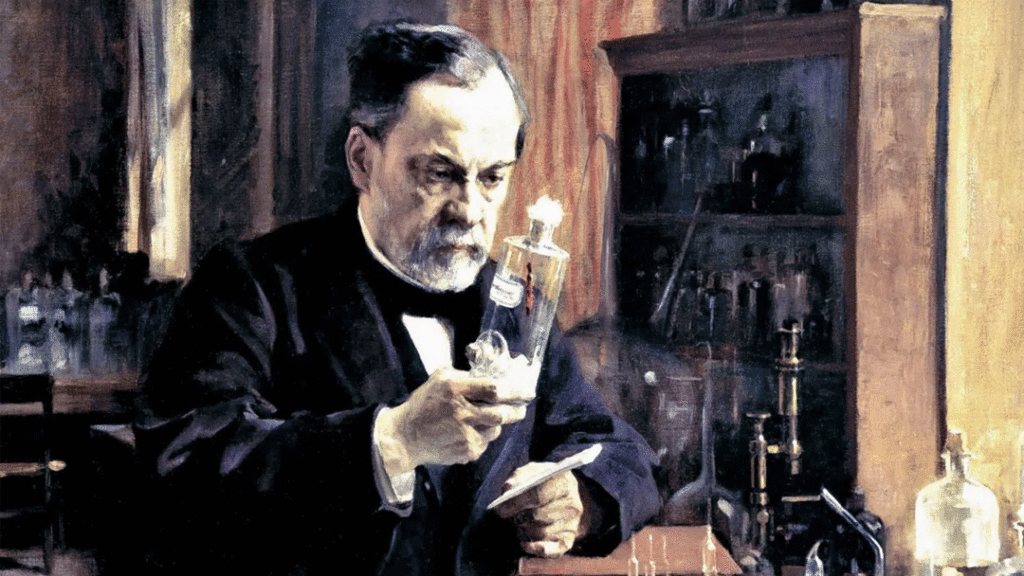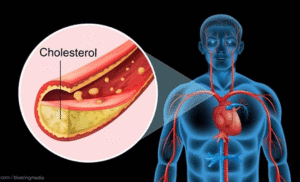Louis Pasteur was born on 27th December 1822 to Jean-Joseph Pasteur and Jeanne-Etiennette Roqui. He died 28th September 1895 near Paris. He was given a state funeral in recognition of his work in the field of microbiology and was buried in the Cathedral of Notre Dame, but his remains were reinterred in the Pasteur Institute in Paris. He was a highly honoured French chemist, pharmacist, and microbiologist renowned for his discoveries of the principles of vaccination, microbial fermentation, and pasteurisation, the last of which was named after him. His research in chemistry led to remarkable breakthroughs in the understanding of the causes and preventions of diseases, which laid down the foundations of hygiene, public health and much of modern medicine. Pasteur’s works are credited with saving millions of lives through the developments of vaccines for rabies and anthrax which were prevalent during his lifetime.
Pasture had been working for years on a vaccine for rabies. Tests had been carried out on around 50 dogs, but it was time to step up the testing to humans. As he prepared to test on himself a nine year old boy called Joseph Meister who had been mauled by a rabid dog came to him. The boy’s mother begged Pasteur to experiment on her son. Though this was done at some personal risk to Pasteur as he was not a licensed physician and could have faced prosecution for treating the boy. Although after consulting with physicians, he decided to go ahead with the treatment. So over 11 days, Meister received 13 inoculations, each inoculation using viruses that had been weakened for a shorter period of time. The boy lived. Three months later Pasteur examined Meister and found that he was in good health and completely recovered. Decades later, of all the things that Pasteur could have etched on his tombstone, he asked for 3 words, “Joseph Meister lived.” Pasteur believed our greatest legacy, to be those who live eternally because of our effort. In the Holy scripture we are reminded that man is dead because of sin. Sin is disobedience to God. However Jesus Christ did something so that others could live eternally. He died on the cross so that men could live. Therefore, when someone repents of their sins and trusts in the work of Christ Jesus he gives them spiritual life in him. Romans chapter 8 verse 10 says ‘And if Christ be in you, the body is dead because of sin; but the Spirit is life because of righteousness.’ Are you alive today or are you still living in darkness and spiritual death? Pasteur gave life to millions of people through his work, down through the centuries. His success and influence of his work laid the foundation for the manufacture of many other vaccines. Another result of his study in germs was that Pasteur encouraged doctors to sanitize their hands and equipment before surgery. Prior to this, few doctors or their assistants practiced these procedures. Yet today it is a fundamental part of procedure in every hospital and clinic across the world. The legacy of Pasteur is still saving lives today.
P. Pilgrim pilgrimway101@yahoo.com




